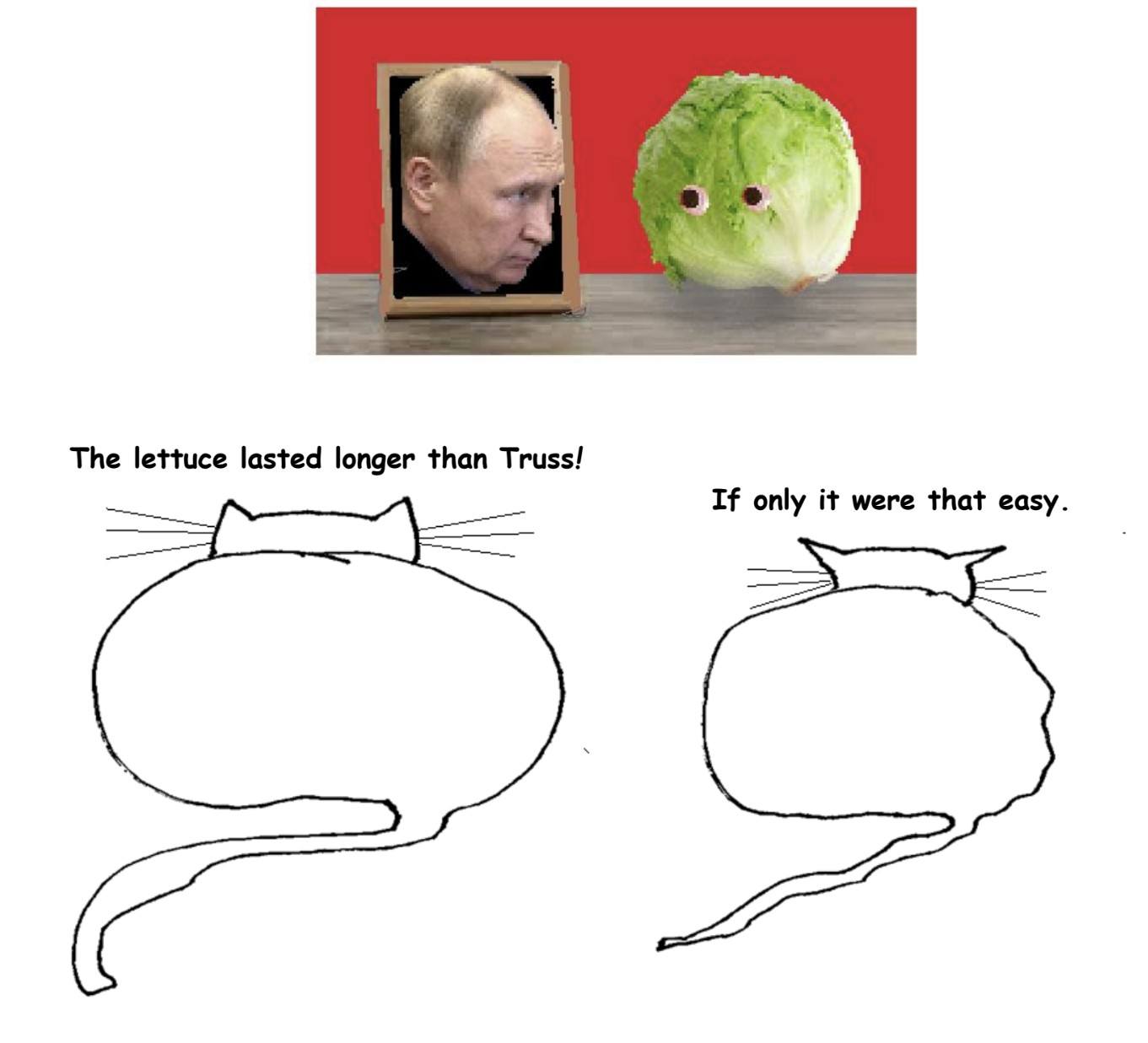
Here’s the scene: A middle school auditorium in suburban New Jersey early in the Fall. It’s late Saturday afternoon on the second day of a dance competition. The auditorium is filled—but only loosely—with young dancers and their parents, other family, and friends. They’re all waiting for the final performance of the competition.
Some hip hop comes up on the sound system and a few of the dancers begin moving to the music. Some of them are standing up from their positions in the audience and are dancing in place. A couple others, at the far-left and far-right down front, are dancing in the outside aisles. More start joining in.
Down front, in the center, the action photographer—the guy who’s there to shoot photos of each dance number so they can then be sold to parents—is sitting down front on his high swivel chair. He’s smiling, swiveling in the chair to survey the scene, and he starts clapping on the back-beat.
That’s me.
Now another hip hop number comes up and, in a whooshhh! dancers get up out of their seats, rush to the aisles, and the aisles are jammed with kids joyously dancing. Five, six, eight, eleven, fifteen years old, a few older. Even the dancers waiting in the wings on stage for the final number, they danced too.
All dancing. 100, 200, maybe more. Dancing.
It was wonderful. Read more »




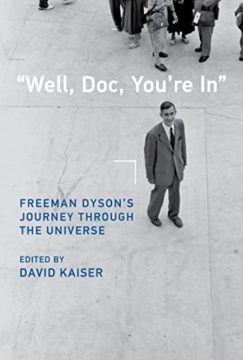 Now there is a
Now there is a 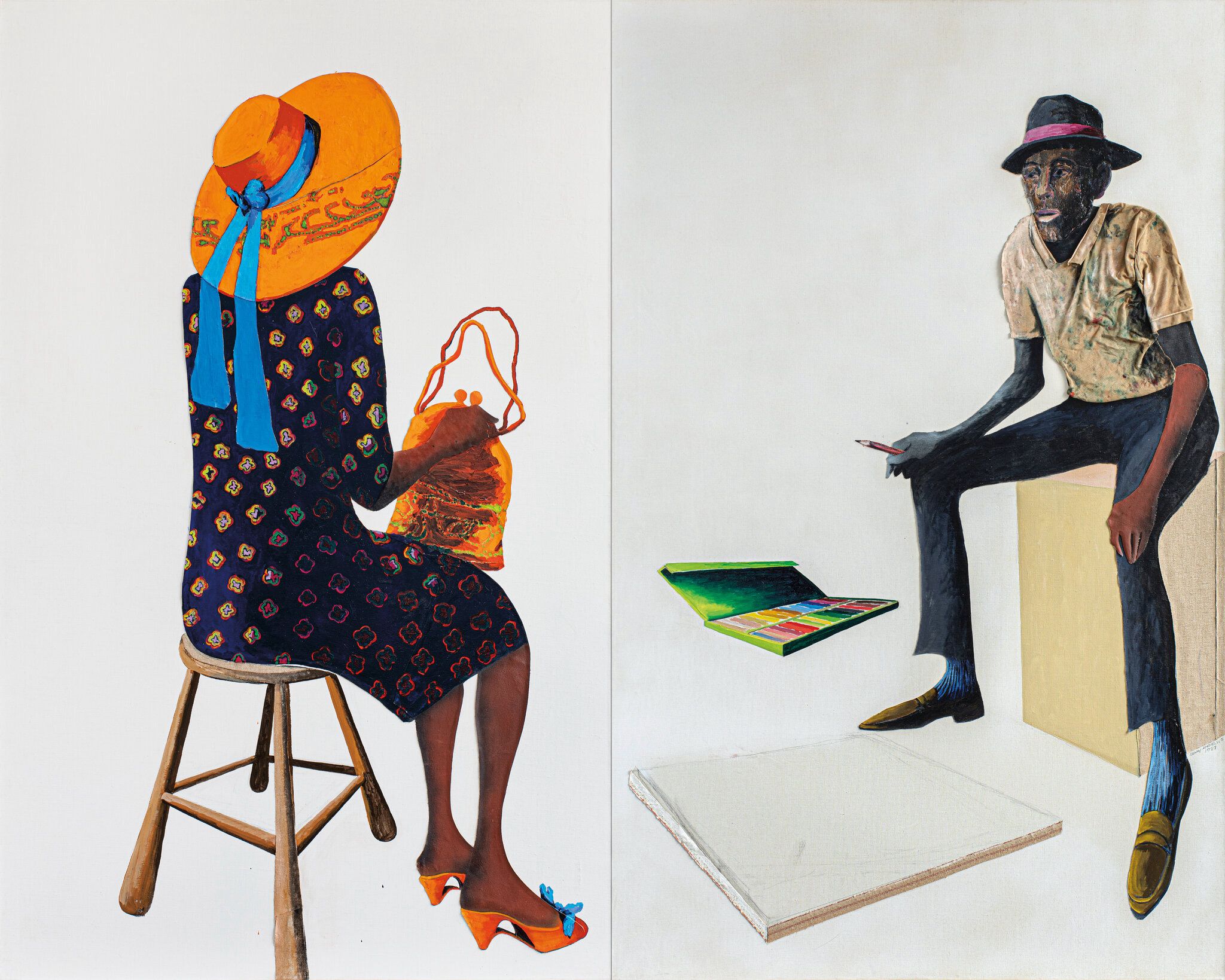
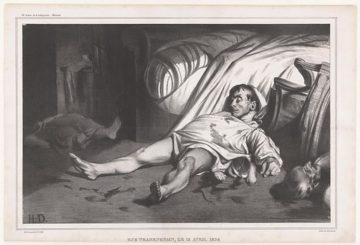 “Mankind was first taught to stammer the proposition of equality” – “Everyone is equal to everyone else” – “In a religious context, and only later was it made into morality,” Nietzsche wrote. Elsewhere, he called “human equality,” or “moral equality,” a specifically “Christian concept, no less crazy [than the soul],” moral equality “has passed even more deeply into the tissue of modernity…[it] furnishes the prototype of all theories of equal rights.”
“Mankind was first taught to stammer the proposition of equality” – “Everyone is equal to everyone else” – “In a religious context, and only later was it made into morality,” Nietzsche wrote. Elsewhere, he called “human equality,” or “moral equality,” a specifically “Christian concept, no less crazy [than the soul],” moral equality “has passed even more deeply into the tissue of modernity…[it] furnishes the prototype of all theories of equal rights.”

 Port Sunlight was a model village constricted in the Wirral, in the Liverpool area, by the Lever brothers, and especially under the inspiration of William Lever, later lord Leverhulme. Their fortune was based on the manufacture of soap, and the village was built next to the factory in the Victorian/Edwardian era, for the employees and their families. It’s certainly a remarkable place, with different houses designed by various architects, parks, allotments, everything an Edwardian working class person might want. An enlightened employer, Lever was still a paternalist: he claimed his village was a an exercise in profit sharing, because “It would not do you much good if you send it down your throats in the form of bottles of whisky, bags of sweets, or fat geese at Christmas. On the other hand, if you leave the money with me, I shall use it to provide for you everything that makes life pleasant – nice houses, comfortable homes, and healthy recreation.” Overseers had the right to visit any house at any time to check for ‘cleanliness’ and that the rules about who could live in which house were observed (men and women could only share accommodation if they were in the same family). Still, by the stands of the day it was quite progressive – schools, art gallery, recreation of all sorts for the employees were important.
Port Sunlight was a model village constricted in the Wirral, in the Liverpool area, by the Lever brothers, and especially under the inspiration of William Lever, later lord Leverhulme. Their fortune was based on the manufacture of soap, and the village was built next to the factory in the Victorian/Edwardian era, for the employees and their families. It’s certainly a remarkable place, with different houses designed by various architects, parks, allotments, everything an Edwardian working class person might want. An enlightened employer, Lever was still a paternalist: he claimed his village was a an exercise in profit sharing, because “It would not do you much good if you send it down your throats in the form of bottles of whisky, bags of sweets, or fat geese at Christmas. On the other hand, if you leave the money with me, I shall use it to provide for you everything that makes life pleasant – nice houses, comfortable homes, and healthy recreation.” Overseers had the right to visit any house at any time to check for ‘cleanliness’ and that the rules about who could live in which house were observed (men and women could only share accommodation if they were in the same family). Still, by the stands of the day it was quite progressive – schools, art gallery, recreation of all sorts for the employees were important. 
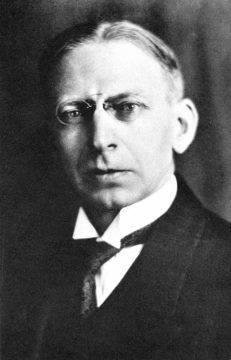 In 1930, the German anthropologist Berthold Laufer published a monograph on the phenomenon of people eating dirt.
In 1930, the German anthropologist Berthold Laufer published a monograph on the phenomenon of people eating dirt. My grandmother’s bird of choice is the rooster. She was raised in rural Kentucky and now lives in rural Wisconsin. She collects all sorts of roosters (and, by extension, some hens): wall art, printed dish towels, ceramic statues as small as a pinky and as large as a lamp, coin bowls and blankets and something nostalgic in each one.
My grandmother’s bird of choice is the rooster. She was raised in rural Kentucky and now lives in rural Wisconsin. She collects all sorts of roosters (and, by extension, some hens): wall art, printed dish towels, ceramic statues as small as a pinky and as large as a lamp, coin bowls and blankets and something nostalgic in each one.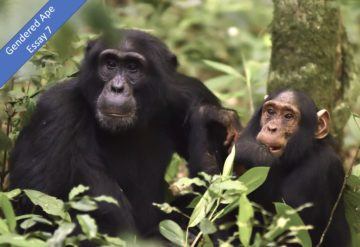
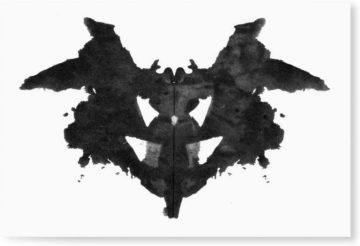
 Sughra Raza. Shadow Self-Portrait in a Reflection of a Window in a Window.
Sughra Raza. Shadow Self-Portrait in a Reflection of a Window in a Window.  A couple of years ago I briefly became famous for hating Vancouver. By “famous” I mean that a hundred thousand people or so read
A couple of years ago I briefly became famous for hating Vancouver. By “famous” I mean that a hundred thousand people or so read 
